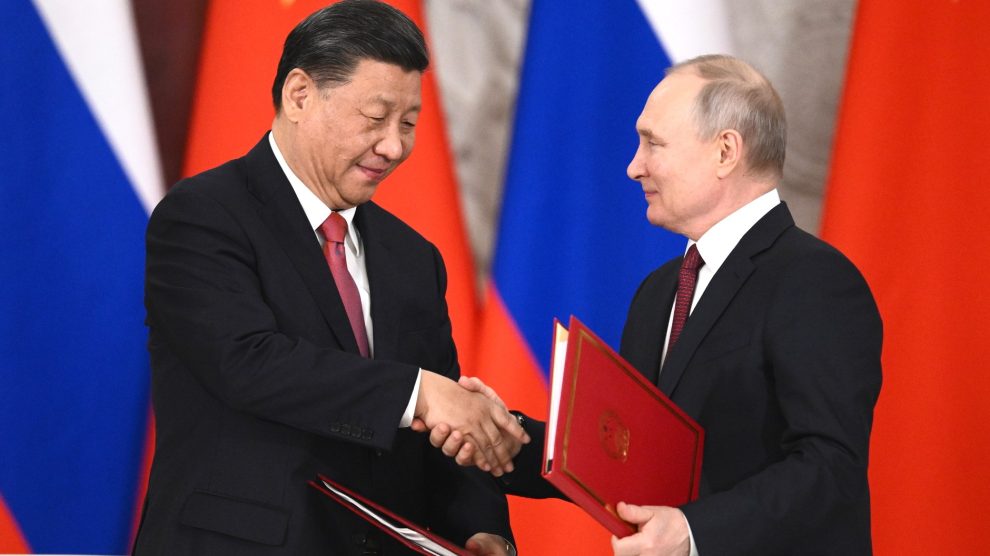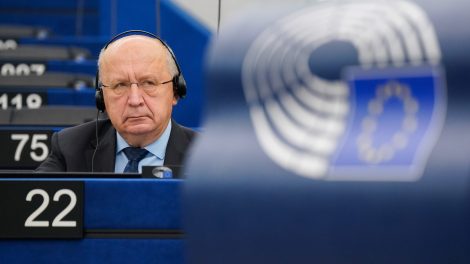Key points. Irdi notes that although terms vary—“malign foreign influence” in the US, “grey‑zone tactics” in the Indo‑Pacific—the essence remains the same. Campaigns of electoral meddling, economic coercion, disinformation, weaponised migration, infrastructure sabotage and cyber‑attacks all form parts of a single, strategic assault.
- What unites them is their design to exploit democratic openness: where information flows freely, disinformation finds fertile ground; where markets pursue private gain, economic pressure bites hardest.
Two features tailored for democracies. Made up of multiple single operations, hybrid campaigns are fragmented across time, space and sectors—research partnerships, corporate takeovers, cyber‑intrusions—each seeming innocuous on its own, yet collectively aimed at draining expertise and influence.
- Like a rising tide, these threats advance slowly, eluding urgent political response. As public attention focuses on the next election cycle, adversaries bank on democratic inertia to gain ground.
Why the threat is intensifying. Two strategic developments have sharpened these tactics.
- First, strategic rivals such as China now wield economic and military resources on a scale unseen since World War II—consider the transformative reach of the Belt & Road Initiative.
- Second, digitalisation has rendered our critical systems more attack‑prone, while social networks amplify both outright falsehoods and a more profound “reprogramming” effect: eroded attention spans, stunted critical thinking and a weakened capacity for nuanced analysis.
The human factor. A robust democracy depends on an informed public. Yet recent PISA results show a worrying rise in EU students failing to meet basic proficiency—30 % in maths, 26 % in reading—coinciding with social media’s surge as a primary news source (TikTok news users in the US jumped from 3 % in 2020 to 17 % today).
- Beyond distortion of reality, Irdi emphasises how bite‑sized, emotionally charged content rewires our cognitive habits, undermining sustained reflection and debate.
Public–private dynamics. Democracies prize private‑sector freedom, yet this very independence can be weaponised.
- China now dominates seven of ten strategic industries, while Europe’s share of global R&D spenders has halved since 2013.
- Businesses that hold vital data may lack incentives to share threat intelligence, hampering collective resilience. Irdi points to the Euro Cyber Resilience Board—uniting regulators and financial operators—as a template for broader cooperation.
Actionable steps.
- Sound the Alarm: Heighten awareness across government and society.
- Deterrence & Attribution: Develop legal and technical means to identify, attribute and respond to hybrid attacks.
- Reinvest in Education: Treat civic and digital literacy as strategic assets.
- Redefine Data Sensitivity: Safeguard large‑scale “non‑sensitive” datasets against mass exploitation.
- Brief the Political Class: Demystify technical threats such as algorithmic targeting.
- Broaden Security Frameworks: Incorporate academia, healthcare and critical materials into national security planning.
- Strengthen EU Unity: Harmonise investment screening and research‑security policies to prevent member states from being pitted against one another.
A step forward. In response to a senator’s question, Irdi emphasised the need for Italy to have a National Security Council that can advise the prime minister.
- This would reflect an understanding of the evolving risks to national security, and the Council would serve as the contact point for all parties involved in safeguarding the country’s interests.





